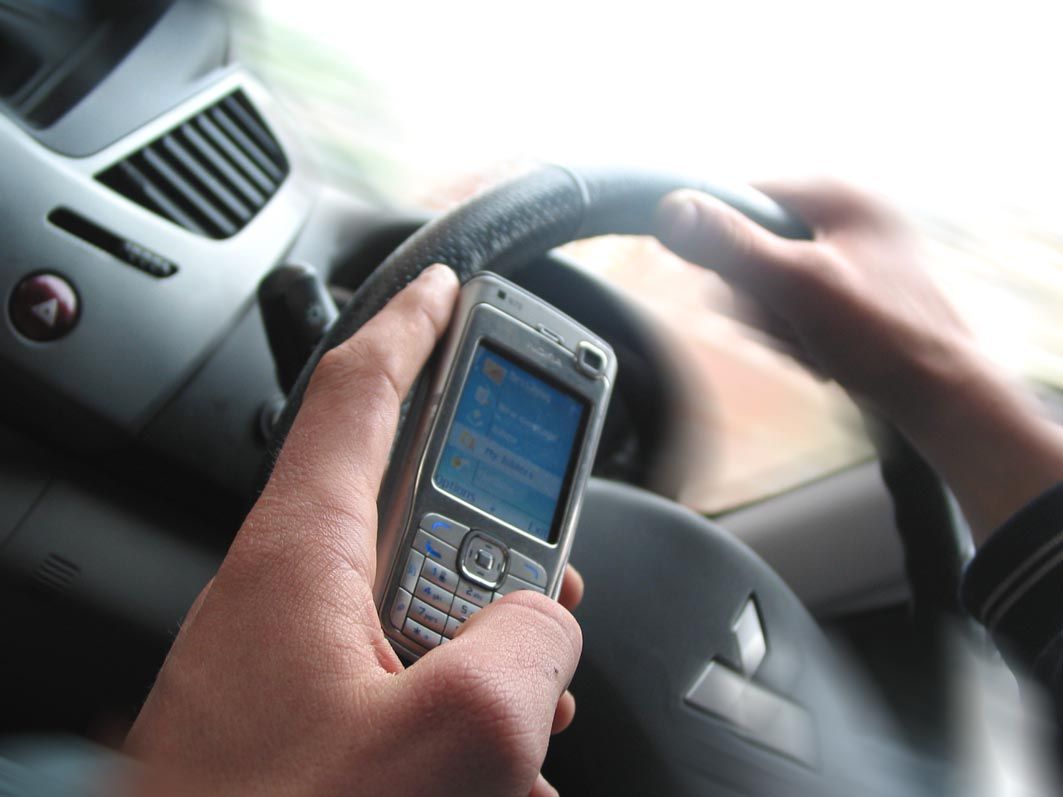
There has been a lot of discussion about the dangers of texting and driving, as well as new laws throughout the country to keep up with the distracting technology that can be so dangerous when used behind the wheel. But recently, the New Jersey courts were faced with a case that added a twist—could the person texting the driver also be held accountable for a crash that occurred?
The case: A teenage girl was texting her boyfriend, who was driving at the time. She was not in the car. Her boyfriend was busy responding to her texts when he crashed into a motorcycle carrying Linda and David Kubert. The couple was badly injured and each needed to have part of a leg amputated. The Kuberts decided to sue not only the driver, but his girlfriend as well.
New Jersey Superior Court Judge David Rand recently heard the case and, though he stressed the importance of attentive driving, ruled that third-parties cannot be held accountable for their distractions:
“We expect more of our drivers. We expect more of the people who are given the license and privilege to operate vehicles on our highways,” said Rand. “I find that there was no aiding, abetting here in the legal sense. I find it is unreasonable to impose a duty upon the defendant in this case under these facts. Were I to extend this duty, in my judgment any form of distraction could potentially serve as basis of a liability case.”
We agree. As Rand also stated, GPS devices, large billboards and push notifications from news, emails, Facebook and other websites are also distractions. How far in advance of the accident can a text be blamed? What about emails? Would a court be able to subpoena phone records from anyone that had texted or emailed the driver anywhere near the time of the accident?
Drivers need to take full responsibility for their actions. They should not be texting or letting their phone distract them in any way while they are driving.
What do you think? If you have any questions or want to talk about an accident you or a family member was in, give us a call. We are always available to answer questions and help give you information to help you decide whether or not to pursue a case. There is never any obligation or fee.